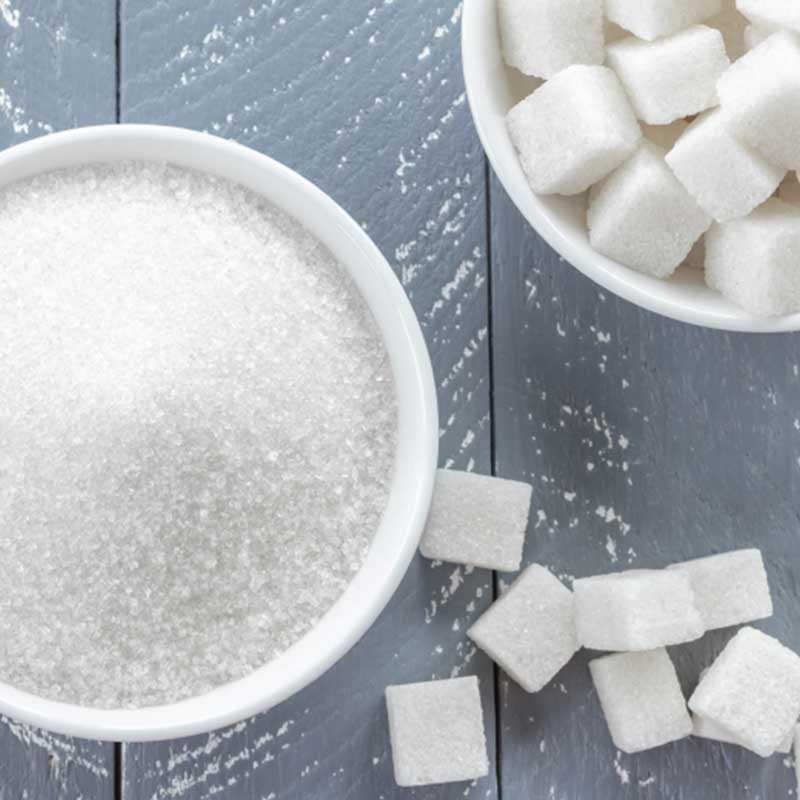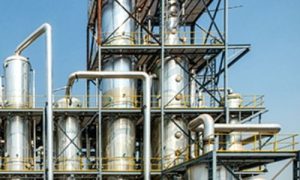Sugar continues to soar as refined contract reaches highest level since 2011

Growing concerns about limited supplies drive sugar prices higher in New York and London, as reported by Bloomberg.
London’s white-sugar futures surged by 2.7%, reaching their highest level since November 2011. As a result, the white premium, which signifies the price difference between refined and raw sugar, also reached record highs during Tuesday’s trading before experiencing some reduction in gains.
Meanwhile, raw sugar in New York settled 2.6% higher, marking its highest level since October 2016.
A lack of deliverable sugar ahead of Friday’s expiry of the white-sugar contract for May is driving prices higher. The number of contracts to be closed, known as open interest, points to a “massive” delivery above 880,000 tons, said John Stansfield, a senior sugar analyst at DNEXT Intelligence, adding that those with short positions “don’t have the physical sugar to tender.”
Sugar prices have surged due to the anticipation of limited exports from India, as well as weak supplies from Thailand, Europe, China, and Mexico.
India is one of the largest exporters of white sugar, but shipments are controlled by quotas that are almost exhausted with no real expectation of an increase, said Soren Jensen, a longtime market observer.
“India’s refining industry might soon shift from domestically produced raw sugar to imports — most likely from Brazil. The South American country just started its harvest, but transportation bottlenecks are an issue with sugar competing against a record soybean crop for space on railways and at ports,” added Jensen.
“There is growing concern that Brazil might not export as much as expected at the beginning of the season, however, the market really needs the Brazilian sugar,” Jensen said.
Raw sugar has rallied 5% this week on concerns about slower production in India and lacklustre supplies from other countries including Pakistan and Thailand. Prices also have been supported by the potential for oil’s recent rally to spur Brazilian and Indian mills to divert more cane to making ethanol.















